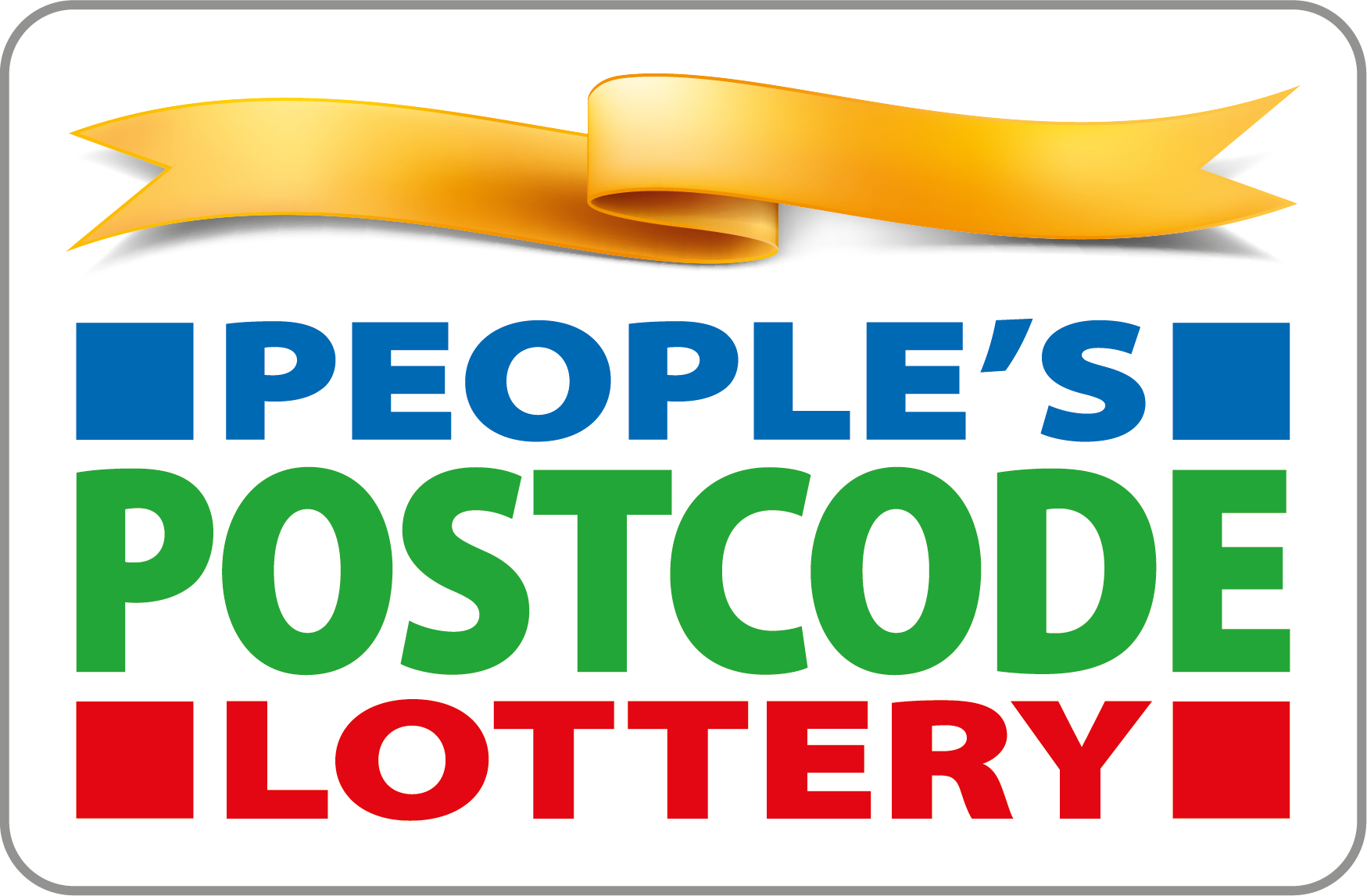
Introduction
The postcode lottery refers to the phenomenon where access to public services and resources varies significantly depending on an individual’s postcode. This topic has garnered increasing attention in the UK as disparities in healthcare, education, and social services have profound implications on equality and quality of life. Understanding the postcode lottery is crucial for addressing inequalities in society and ensuring that all citizens receive equitable treatment.
Postcode Lottery in Healthcare
One of the most prominent examples of the postcode lottery can be found within the National Health Service (NHS). Access to treatments, specialist services, and even routine procedures can differ dramatically based on location. For instance, a patient in one area may be entitled to certain life-saving treatments that are denied to a patient in another area simply due to administrative policies or budgetary constraints. A recent report from NHS England indicated that patients in the south of England are often receiving faster treatment times and better access to certain surgical procedures compared to those in the north, highlighting a stark inequality in healthcare provision.
Education Inequality
The postcode lottery also plays a critical role in education. School funding in the UK is often determined by local property taxes, which means affluent areas benefit from better-funded schools, resulting in smaller class sizes and more resources. Conversely, schools in disadvantaged postcodes may struggle with underfunding, leading to larger class sizes and fewer educational materials. The Education Policy Institute has published data suggesting that children from lower-income families in poorly funded areas are significantly less likely to achieve good GCSE results compared to their wealthier peers.
Recent Developments
In recent months, discussions regarding the postcode lottery have gained momentum, especially in the aftermath of the COVID-19 pandemic. The disparity in vaccination rates and access to healthcare services in different regions further exemplifies the inequalities faced by communities based on their postcode. Several charities and advocacy groups have called for reforms to ensure fair access to resources and services for all, regardless of where they live.
Conclusion
The postcode lottery remains a critical issue for social justice in the UK. It highlights a need for policy reforms that can mitigate inequalities and ensure fair access to essential services. As public awareness grows, the hope is that government and local authorities will take meaningful steps toward creating a more equitable system, ultimately closing the gap between the haves and have-nots based on geographical location. For readers, understanding the postcode lottery is essential not just for recognising the challenges faced by their communities, but also for advocating for a fairer society.
You may also like

Latest Lottery Set for Life Results Announced
